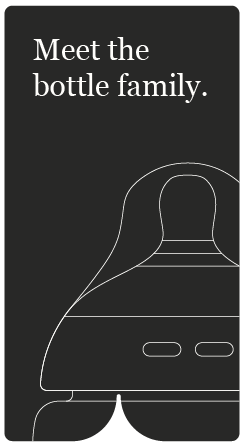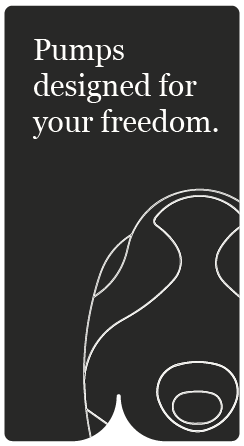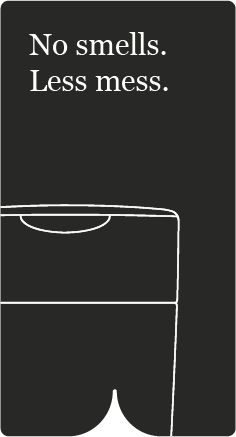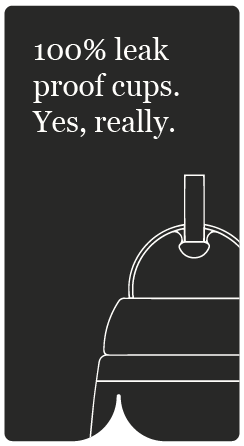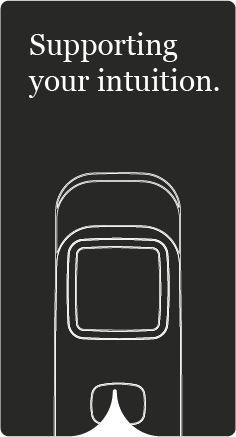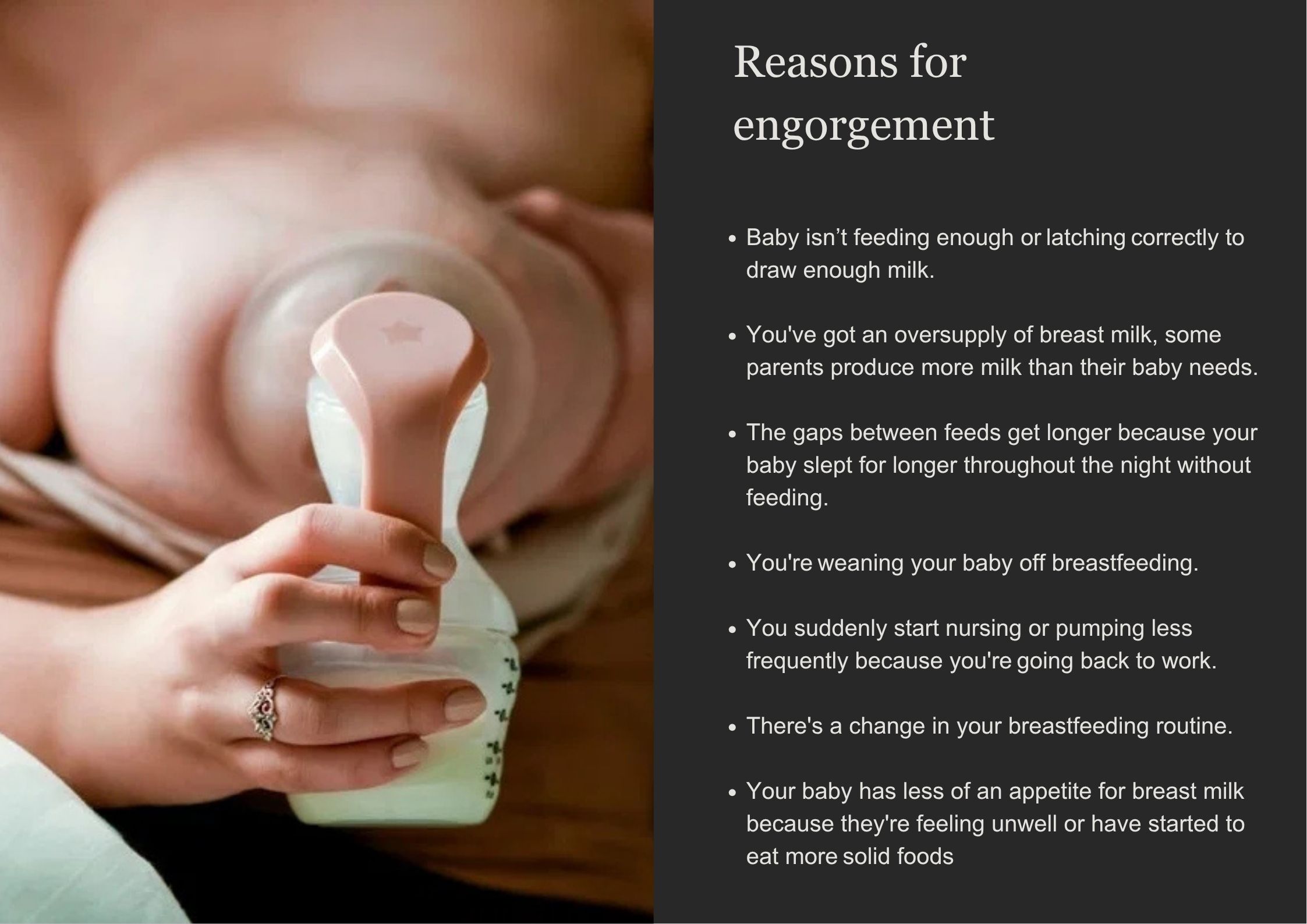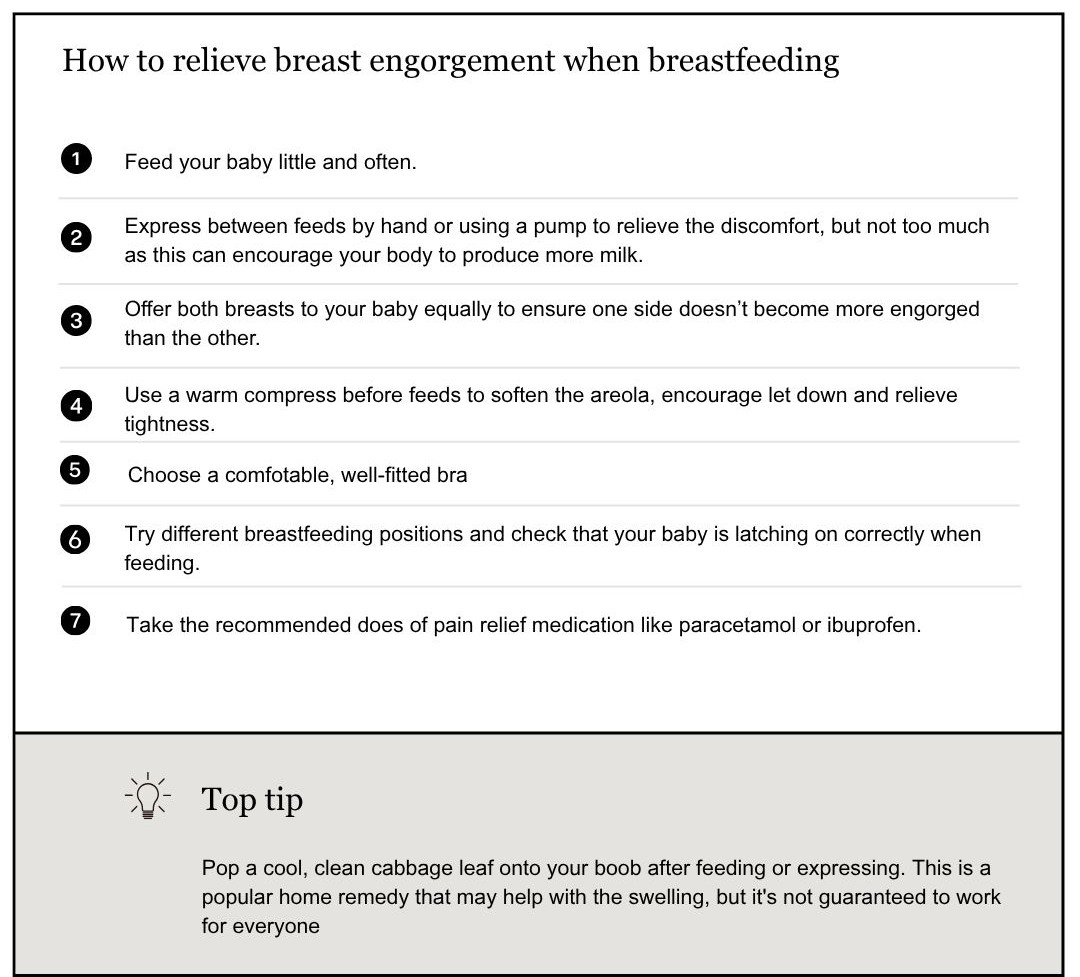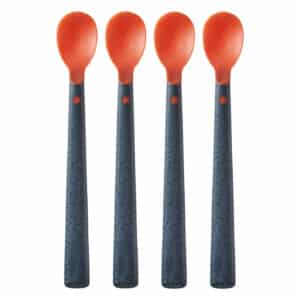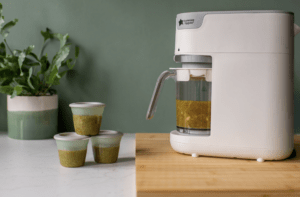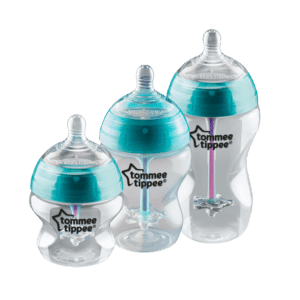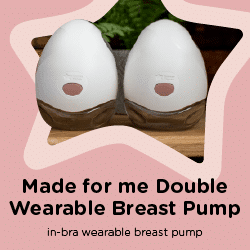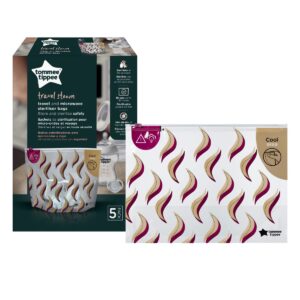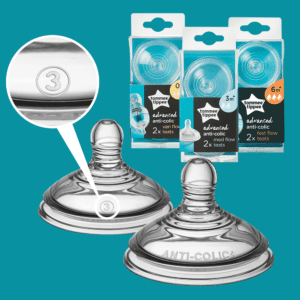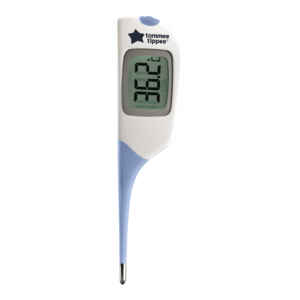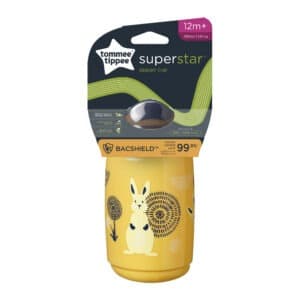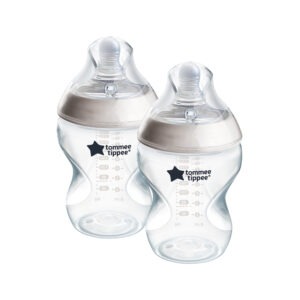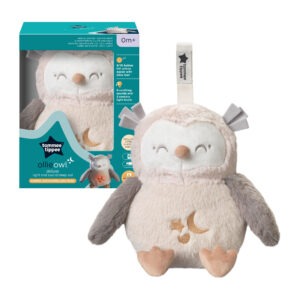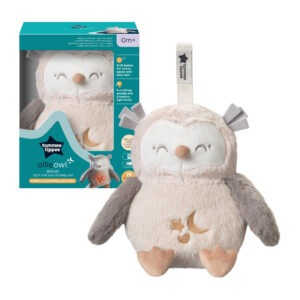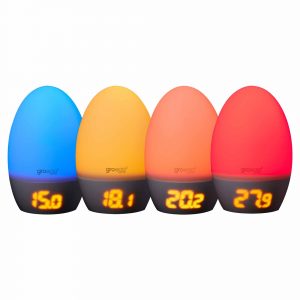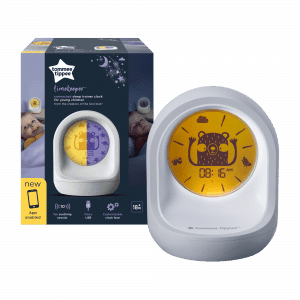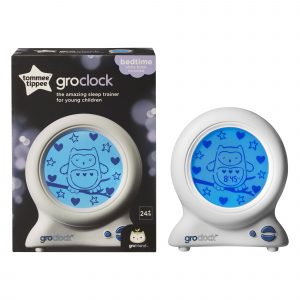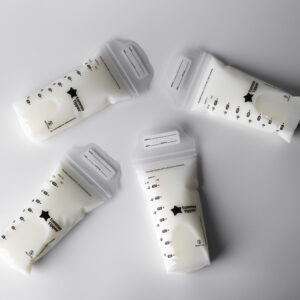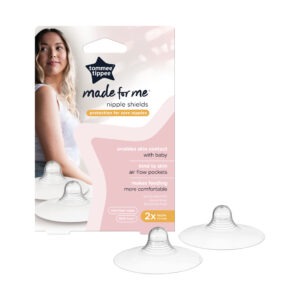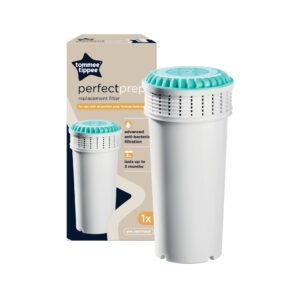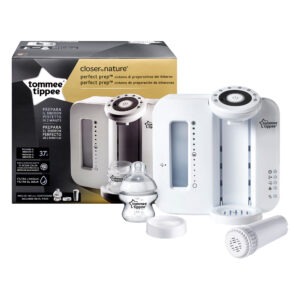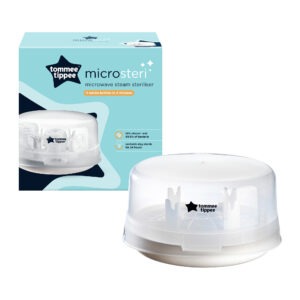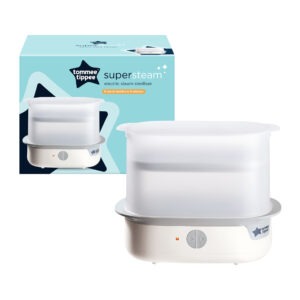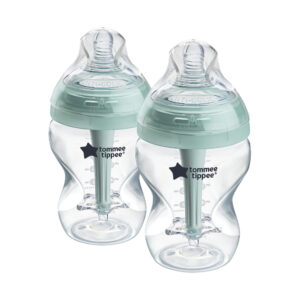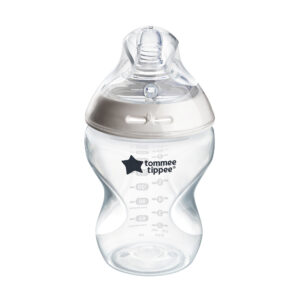Newborn & Baby

How to prevent and relieve breast engorgement
How to prevent and relieve breast engorgement

- To help prevent breast engorgement, feed your baby frequently to help drain your milk supply.
- Apply warmth before feeding and cool compresses afterwards for relief.
- Massage your breasts gently during feeding or pumping to encourage milk flow.
- Express a little milk if your breasts are too full for your baby to latch.
Although it can be a little tricky to get used to at first, expressing and pumping breast milk shouldn’t hurt, feel uncomfortable or cause breast tenderness.
Postpartum breast engorgement is common in people who have had a baby and are breastfeeding. It’s one of the many physical changes your body goes through after giving birth.
We’ve written this guide to explain why breast engorgement happens and to help you learn how to relieve the uncomfortable symptoms that come with it.
What is breast engorgement?
Breast engorgement happens when the breast becomes overly full of breast milk. This can lead to swelling and inflammation caused by increased milk supply and blood flow.
It can be very uncomfortable, and if your boobs are engorged, they may feel painful, hard, and tight, and breast milk may leak from your nipples. Other symptoms of breast engorgement include:
- breasts that are warm to the touch
- nipples that are painful, flat or hard
- a mild fever below 38°C that usually settles in 24 hours.
Why does breast engorgement happen?
Breast engorgement is usually triggered when the pregnancy hormones oestrogen and progesterone drop from the moment your placenta is delivered after the birth of your baby. From that moment, prolactin (the hormone that tells your boobs to make breast milk) begins to kick in.
Within three or four days post-birth, your breasts go through different stages of producing milk, including colostrum to making transitional, and then mature milk. At the same time, blood flows to your breasts to help keep things moving. This fast-paced process is sometimes referred to as your breast milk coming in, and results in feelings of intense fullness, swelling, or pressure in the boobs, otherwise known as breast engorgement.
How long does engorgement last?
Although breast engorgement can be uncomfortable and it can take a few days for your milk supply to match your baby’s needs, it’s important to note that the symptoms should gradually ease as you breastfeed or express milk from your breast.
While there’s no set time when breast engorgement will subside, the worst of engorgement usually comes soon after birth, and if you’re breastfeeding, it should ease within two to three days. But it’s important to note that it can reoccur for as long as you’re breastfeeding or pumping.
If you’re not breastfeeding your baby or using a breast pump to express, the symptoms of breast engorgement should pass within a few days.
What to do if breast engorgement is making it hard for your newborn to latch
Sometimes, you may find that your breasts become overly full very fast. While this sounds like a good thing when you have a hungry baby, it can make it difficult for them to latch. To help you can try:
- Regular pumping by hand or using a pump. This can relieve some engorgement and help your baby latch comfortably.
- Gently massaging your breast in circular motions to help get your breast milk flowing while baby feeds.
- Reverse Pressure Softening – a massage technique that softens the nipple and therefore helps baby latch.
How to relieve breast engorgement when not breastfeeding
Engorgement can still occur even if you decide not to breastfeed, as your body naturally produces milk after birth. Relieving discomfort while allowing your supply to decrease requires a slightly different approach.
Avoid pumping or expressing milk unless absolutely necessary, as this signals your body to keep producing. Instead, wear a supportive bra to provide gentle pressure without being too tight. Cold compresses or chilled cabbage leaves can help reduce swelling and bring relief.
Over-the-counter pain relief may be suitable if recommended by your GP or midwife. Warmth is best avoided in this situation, as it may stimulate further milk production. Engorgement usually eases as your body naturally rebalances hormone levels, and for most parents, the discomfort improves within a few days.
The best way to prevent engorgement is to feed your baby on demand, rather than by a strict schedule. Ensuring your baby has a good latch helps them remove milk effectively, which reduces the chance of your breasts becoming overly full. Try not to miss or delay feeds when possible.
Engorgement itself doesn’t usually cause a fever. However, if milk isn’t drained properly, it can lead to blocked ducts or mastitis, which may result in a high temperature and flu-like symptoms. If you develop a fever alongside breast pain, it’s best to seek medical advice.
Yes, pumping can relieve some pressure if your breasts are too full for your baby to latch. It’s best to express only enough milk to soften the breast, as fully pumping can increase milk supply and make engorgement worse. Hand expression is also a gentle option.
Yes, engorged breasts usually improve once your body adjusts to your baby’s feeding needs. As breastfeeding becomes more established, your supply and demand balance out, and the swelling eases naturally. Most parents notice significant relief within a few days.
Heat can help soften the breast and trigger let-down, making it easier for your baby to feed or for you to express milk. After feeding, applying a cold compress can reduce swelling and provide soothing relief. Alternating between warmth and coolness can be very effective.
Engorged breasts often feel firm, heavy, warm, or even shiny in appearance. They may also be tender to touch and make it harder for your baby to latch comfortably. Some parents notice leaking milk or discomfort between feeds.
Engorgement usually begins when your milk comes in, a few days after birth. For most people, their breasts feel overly full for a few days to a week, but the discomfort eases as their baby’s breastfeeding pattern becomes established. If engorgement persists or worsens, contact a healthcare professional.

